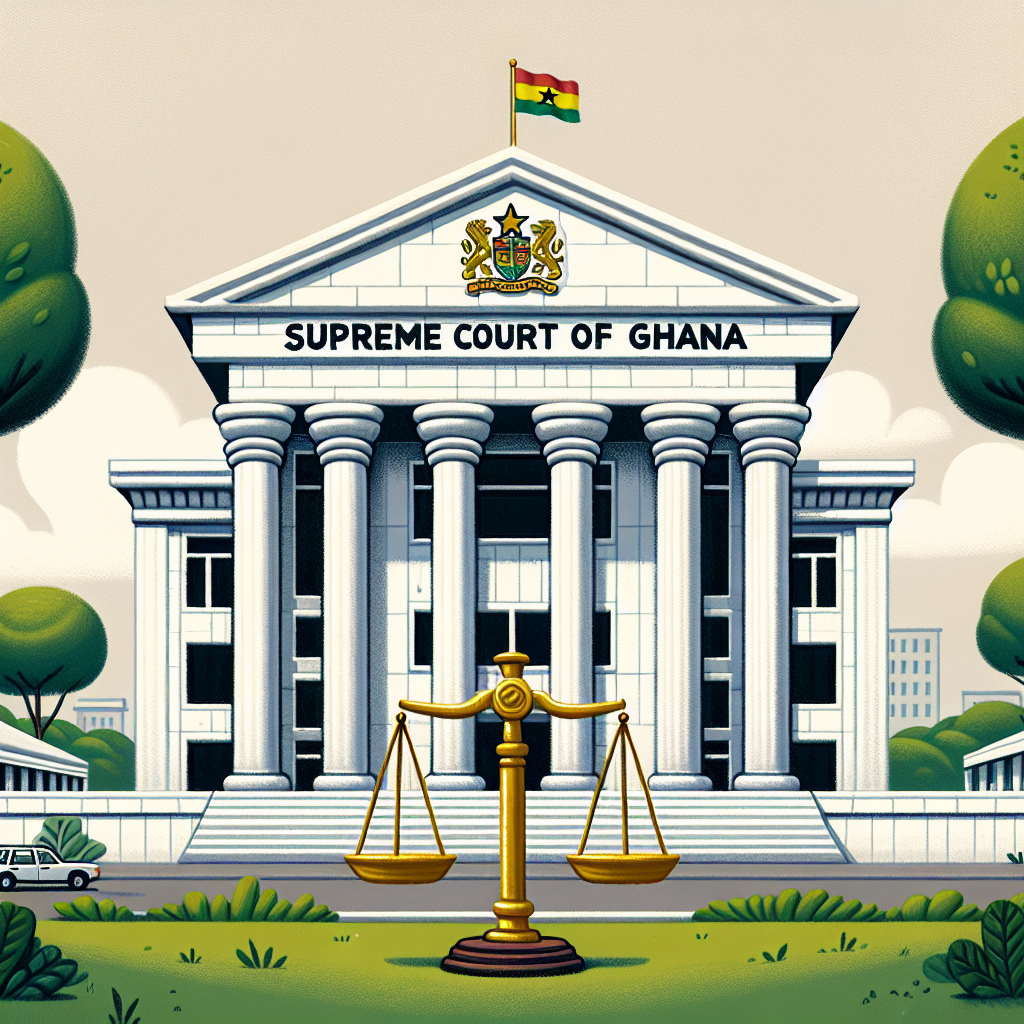Supreme Court Tackles Louisiana's Contested Electoral Map
The U.S. Supreme Court heard arguments regarding the legality of Louisiana's electoral map, which increased Black-majority districts. This case considers tensions between minority voting rights and racial considerations in redistricting. The outcome could impact future electoral processes and emphasizes the ongoing debate over gerrymandering and equal protection.

The U.S. Supreme Court convened on Monday to deliberate on a contentious proposal by Louisiana officials and civil rights advocates aimed at retaining a revised electoral map, which notably raised the number of Black-majority congressional districts in the state. The dispute arose following objections from non-Black voters and subsequent legal actions.
The legal debate centers on a lower court's decision, which found the new map—comprising six U.S. House districts, now including two Black-majority territories—violated the 14th Amendment's guarantee of equal protection. Louisiana argued the map's design was partly to safeguard Republican incumbents such as House Speaker Mike Johnson. Changes in Louisiana's population, where Black individuals constitute nearly a third, prompted this redistricting effort.
This intricate case highlights the ongoing challenge of balancing minority voting rights with the constitutional mandate for racial neutrality in redistricting. The Supreme Court's expected ruling by June could significantly influence future district mapping and voting rights, given the profound legal and social implications tied to gerrymandering.
(With inputs from agencies.)










